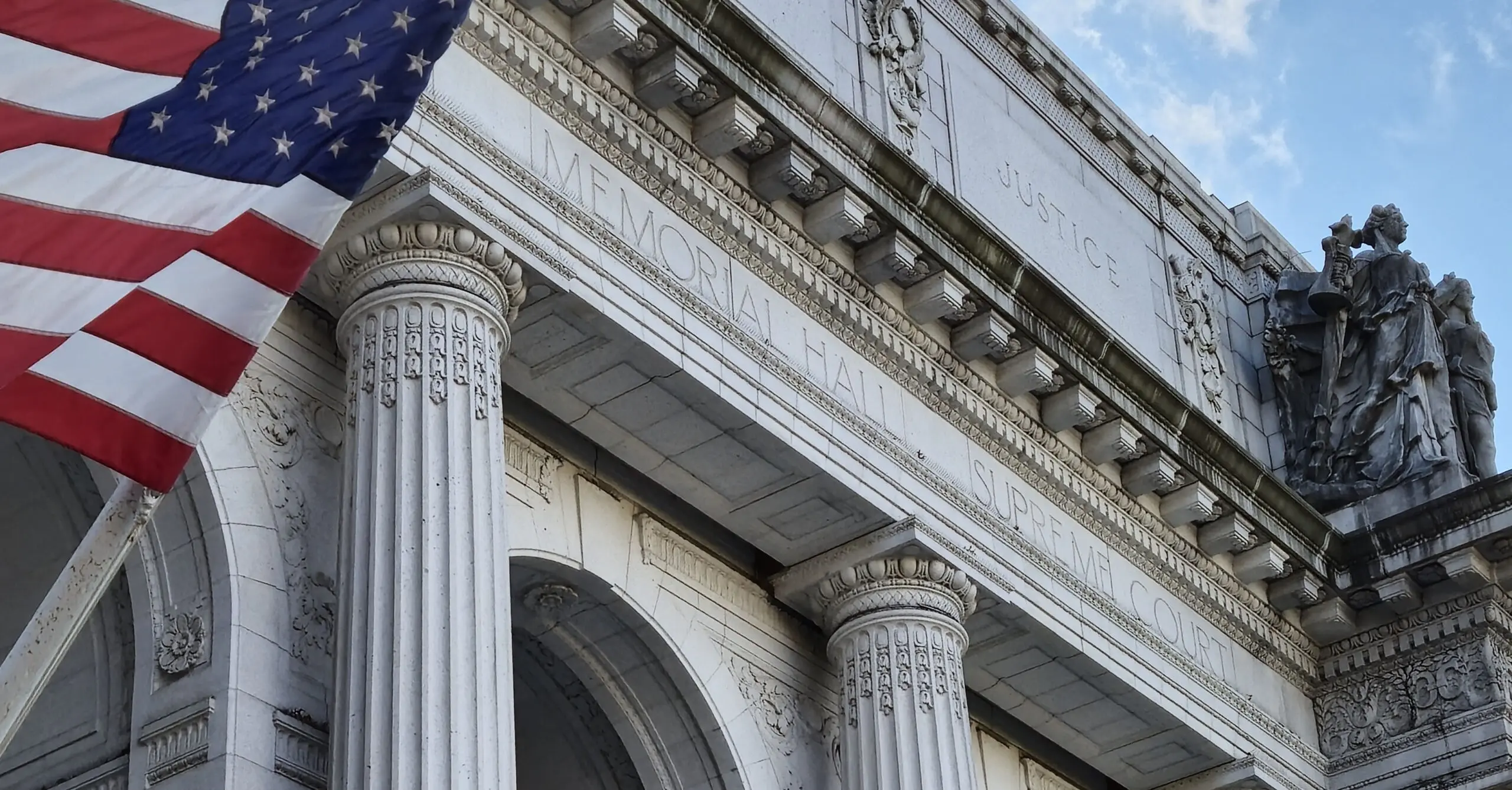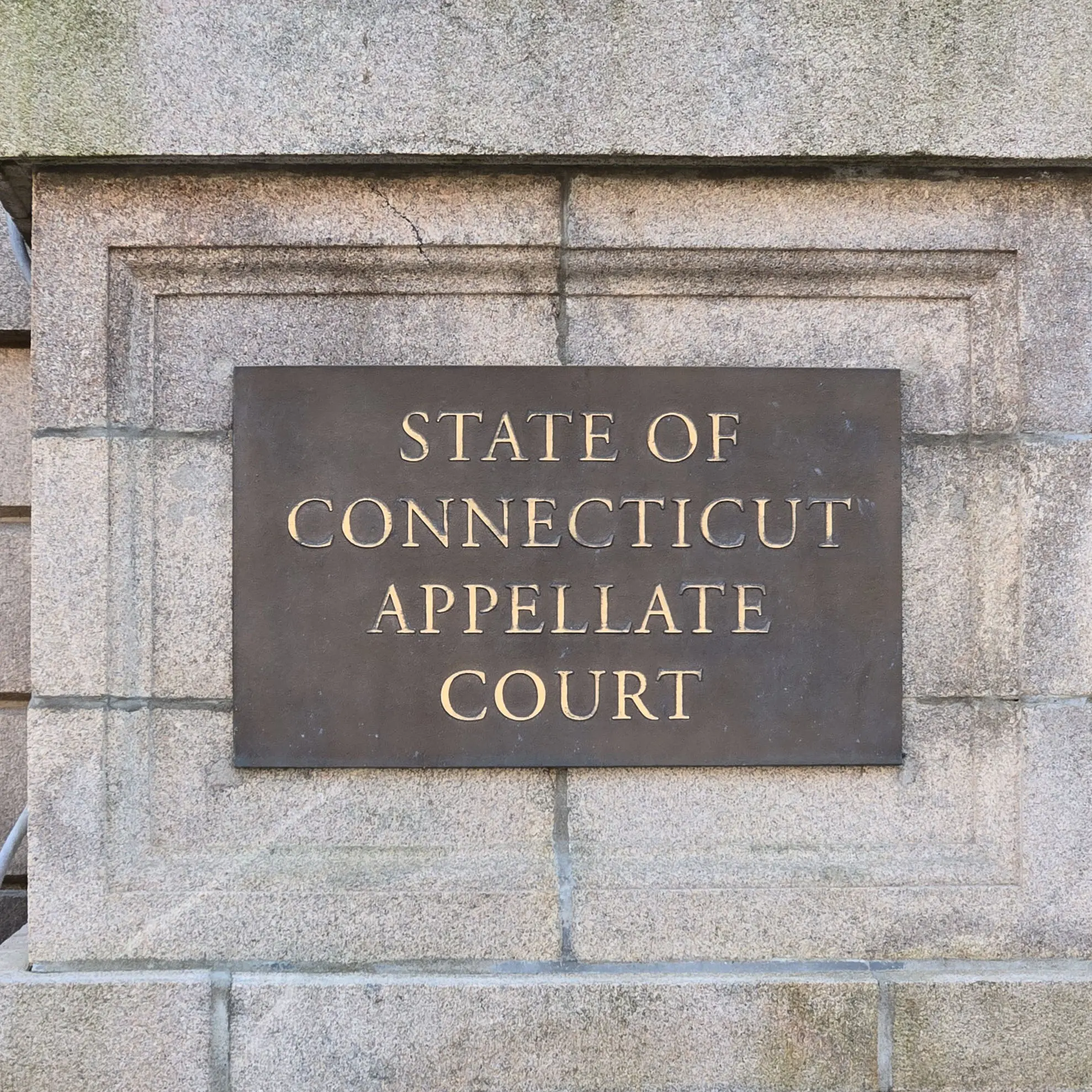

A trusted partner in appeals
TOPICS:
- A Brief Review (10)
- Abuse of discretion (1)
- Adequate record for review (2)
- Administrative appeal (1)
- Alternative grounds for affirmance (2)
- Appellant (2)
- Appellate motions (2)
- Appellate process (1)
- Appellee (2)
- Breach of contract (1)
- Child support appeals (1)
- Civil appeals (1)
- Complaint (1)
- Complex litigation (1)
- Connecticut Appellate Court (5)
- Connecticut Practice Book (3)
- Connecticut Rules of Appellate Procedure (3)
- Connecticut Supreme Court (1)
- Custody and visitation (1)
- Family appeals (2)
- Insurance (1)
- Land use (1)
- Motion for articulation (1)
- Motion to dismiss (1)
- Negligence (1)
- Personal injury (1)
- Pleadings (1)
- Plenary review (1)
- Preliminary appeal papers (1)
- Standing (1)
- Statutory interpretation (1)
- Subject matter jurisdiction (2)
- Workers' compensation insurance law (1)
- Zoning (1)
- Firm News (2)
Category: Connecticut Appellate Court
-
When awarding child support, Connecticut courts must follow the child support guidelines, which establish a presumptive amount based on the parents’ incomes. A court may deviate from these guidelines, however, only if it makes three specific findings on the record to justify the deviation. Failure to do so can result in reversal on appeal. A […]
-
In Cardona v. Padilla, the Connecticut Appellate Court considered whether the trial court abused its discretion in making its custody and visitation orders, which substantially limited the non-custodial parent’s access to parenting time with the child. In this family appeal, the Appellate Court held that the trial court abused its discretion because the trial court […]
-
When an appellant challenges a trial court’s factual findings, attention to procedural rules is crucial. In Park Seymour Associates, LLC v. City of Hartford / Park Squire Associates, LLC v. City of Hartford, the plaintiffs discovered this the hard way. Despite their reliance on testimony to argue that the trial court’s factual findings were clearly […]
-
In North Branford Citizens Against Bulk Propane Storage v. Town of North Branford et al., the Connecticut Appellate Court considered a plaintiff-association’s challenge to a zoning regulation amendment that allowed the construction of a bulk propane storage facility in North Branford. In resolving the appeal, the Appellate Court relied on an unpreserved alternative ground for […]
-
What happens when the trial court’s reasoning falters on appeal? For appellees, alternative grounds for affirmance can save the day. Appellees must consider all possible bases for affirmance, including those not relied on by the trial court. By raising and briefing alternative grounds, appellees provide appellate courts with additional paths to uphold a decision. The […]




